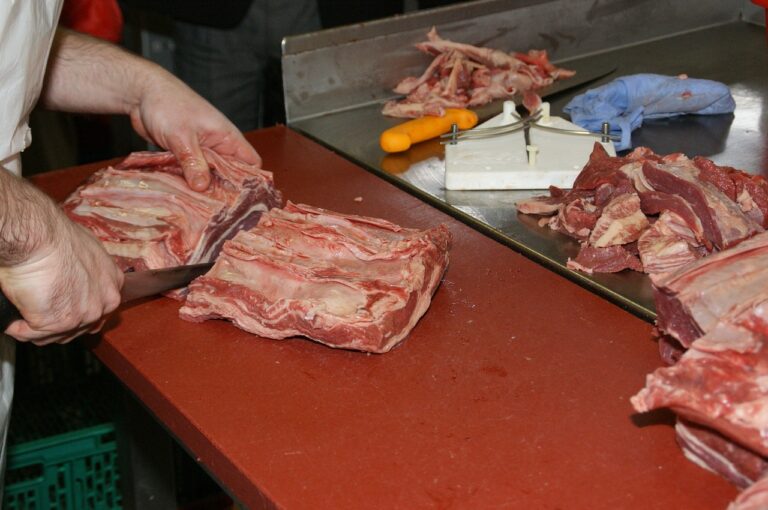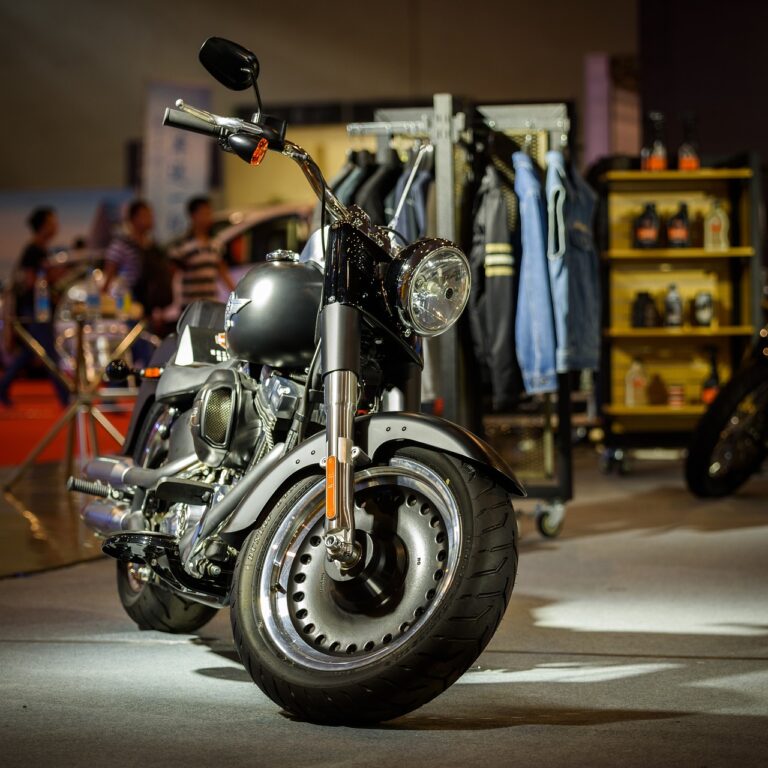The Impact of Slow Fashion Movement on Consumer Behavior
Slow Fashion prioritizes quality over quantity. It focuses on timeless pieces made from sustainable materials, crafted by skilled artisans. The production process is careful and deliberate, with an emphasis on durability and longevity.
In contrast, Fast Fashion prioritizes speed and mass production. Clothing is made quickly and cheaply, often resulting in poor quality garments that contribute to environmental damage and exploitation of labor. Fast Fashion follows rapidly changing trends, promoting a culture of disposable clothing.
The Rise of Ethical and Sustainable Fashion Choices
As consumers become more aware of the environmental and social impacts of the fashion industry, there has been a significant shift towards ethical and sustainable fashion choices. This movement emphasizes the importance of considering the welfare of workers, the planet, and future generations when making purchasing decisions, leading to a growing demand for transparent and eco-friendly practices within the industry.
Ethical and sustainable fashion brands are emerging to cater to this changing consumer preference, offering products that are made with care for both people and the environment. From using recycled materials and organic fabrics to ensuring fair wages and safe working conditions for garment workers, these brands are setting a new standard for the fashion industry and inspiring others to follow suit in creating a more sustainable and ethical future for fashion.







